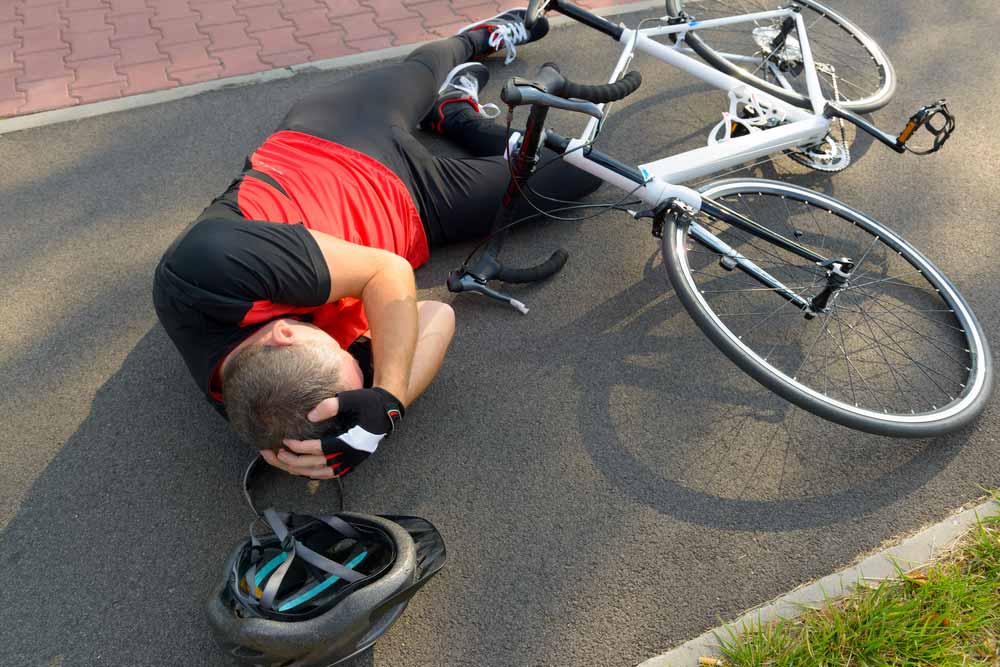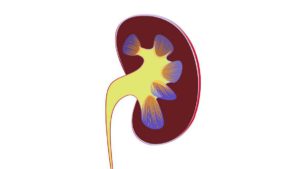A concussion, or mild traumatic brain injury, is an injury to the brain. It results from a sudden hit or a blow to the head.
Concussions can also occur when the head suddenly jolts back and forth. Up to 3.8 million concussions occur each year in the United States. The most common causes of these injuries include:
- Car accidents – Vehicular collisions where the head gets hit or shook with intense impact
- Sports injuries – Especially for young children or teens who play sports that are high-impact and extreme, including contact sports.
- Falls or blows to the body – Both of these can cause the head to get hit or to shake back and forth.
The signs of a concussion may not be visible at first. Signs may not appear until up to 48 hours later. It is possible to experience a concussion and not know it.
Many people believe that a concussion involves unconsciousness, however, that is not always true. In fact, most concussions do not involve a loss of consciousness.
Not recognizing the signs of a concussion can have serious consequences. The damage from a concussion is sometimes still present 30 years or later.
How To Tell If You Have A Concussion
It is crucial to know how to tell if you have a concussion and if you need to go to an ER or not. If a head injury does not seem serious, you may seek medical care from an urgent care or a walk-in clinic. But if you experience any of the following signs, you should call 911 and get treated in hospital emergency rooms as soon as possible.
Confusion
Experiencing confusion or feeling as though one is in a mental fog is a serious symptom of a concussion. If you or someone you love seems confused after a fall or hit to the head, then it is important to seek medical help right away.
Trouble Walking
Balance problems or difficulty walking is another sign of a concussion that you should not ignore. These problems occur in about 30 percent of people who suffer a concussion.
Vomiting
Many people experience nausea and vomiting following a concussion. However, this could be the sign of a more serious neurological injury. Therefore, you should always take vomiting seriously after a head injury.
Unusual Behavior
It is important to be on the lookout for strange or bizarre behavior after a head injury as this is a common indication of brain damage. If a person becomes agitated or restless after being hit in the head or suffering an accident, then it is important to get concussion testing right away.
Severe Headache
Headaches are quite common with head injuries. They usually begin within seven days after an injury and can last for months. A headache can be treated with rest but if it is severe or getting worse, it should be checked out right away. Avoid taking aspirin or ibuprofen (Advil, or other brands) to relieve pain as these may induce bleeding i
Convulsions or Seizures
Convulsions or seizures are a sign of a serious head injury. A seizure could indicate bleeding in the brain and, therefore, should not be ignored. If you’ve had a seizure after suffering from a head injury, get concussion testing right away.
What To Do For A Concussion
Most people fully recover from concussions. However, the quicker you get treatment, the better the chance of a full recovery.
At Statcare, we provide BrainScope EEG concussion testing. BrainScope concussion tests measure brain function after a head injury. BrainScope has received more than $32 million dollars from the United States Department of Defense for research. The company has also received awards from the NFL and GE.
Here are tips on what to do while recovering from a concussion:
- It is important to seek medical attention even if a concussion does not seem serious. You may only return to play, work, or any physical activity if your health care provider says it is safe to do so. And when you do, do it gradually, performing tasks one at a time until you are ready to go back to your normal routine.
- After a head injury, avoid any physically demanding activity that may lead to a second concussion to avoid impact syndrome. This occurs when a person gets another head injury even before the first one fully heals. This is a rare but fatal condition.
- Take only medications that are prescribed and approved by a licensed medical professional who has assessed your condition.
- If possible, take note of any unusual occurrence. For example, are there certain things that are more difficult for you to remember? Do you get distracted easily? Are you unable to do two simple things at the same time (like preparing meals while watching TV)?
- Stay away from activities that require you to think or concentrate too much. Such activities include reading a book, analyzing your finances, balancing your checkbook, or solving difficult puzzles.
Ignoring the signs of a concussion can lead to long-term memory loss, post-concussion syndrome, and other serious medical conditions. Getting help quickly can also rule out more serious neurological problems, especially for high-risk individuals like children and the elderly.
Most insurance plans cover concussion screening tests at Statcare. If you are wondering how to tell if you have a concussion, visit one of our locations today or schedule your appointment online for reliable medical advice from our experts.










